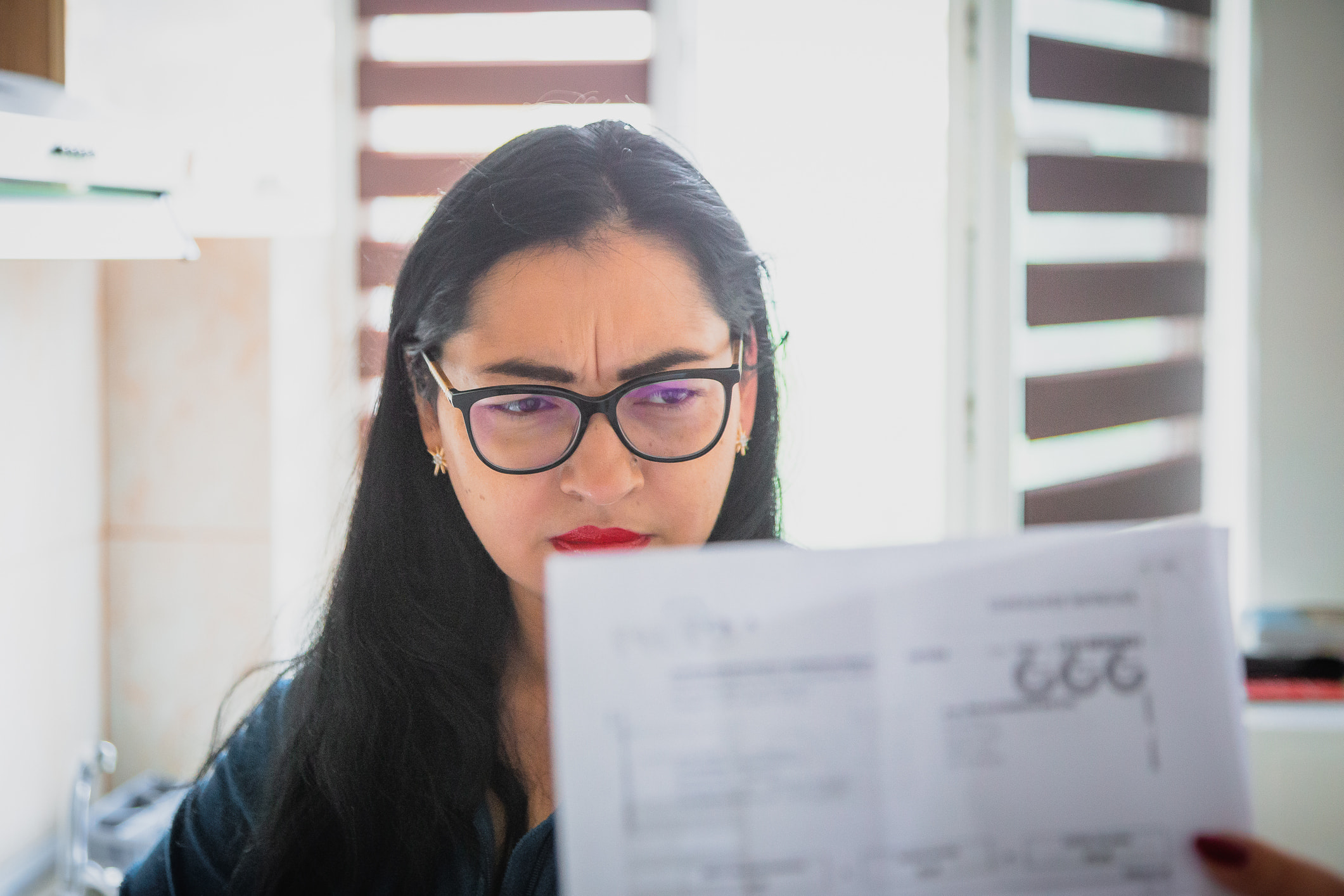Every business is unique, but no matter what you sell, you join other business owners in the ultimate goal: to make money. If you recently started or are planning to start a new business, you'll need to get a few money matters sorted first. Here are some financial tips for small business owners to consider as you get started.
1. Write a business plan
What will you sell? Who will you sell it to? How much can you expect to spend the first year? What profit do you expect to make?
These are just a few of the questions you'll ask when writing a business plan. Your plan can be as simple as a couple of pages or as long as several dozen, but you'll need to have a clear path for how your business will make money and what you will do with the earnings. You can find sample business plans on the Small Business Administration (SBA) website, but feel free to use only what applies to your unique business.
2. Decide on your business structure
One of the most important tax tips for small business owners is to understand how each kind of business entity affects your tax liability. If you start as an independent contractor or freelancer, you may choose a sole proprietor structure. You'll count your income minus any expenses and report the difference as profit on a Schedule C.
If you decide to incorporate and become an LLC or S Corporation, there may be paperwork to file with the state, and the tax procedures will be different. If you are unsure which arrangement works best for you, consult with a tax attorney.
3. Get legal
Each state and even some cities have laws about running a business. Check with your state to see if you need a business license for the type of work you plan on doing. (It may be information you can get from the Department of Labor or the Secretary of State.)
Some skilled professionals will need a professional license to comply with health and safety regulations, while others just need to file a form with the state to make taxation easier. Don't assume you can just jump right in; get your paperwork in order before you collect your first dime. You may consider discussing further with an attorney in your area.
4. Calculate your business startup costs
Depending on the type of business you're starting, you may be able to get started with just your laptop and a cozy spot at your local coffee shop. Other businesses require physical real estate, products to sell, and employees. Research to see what expenses similar businesses might have, but remember that you are a startup and that you might not have to buy everything at once in the beginning. This worksheet from the SBA gives you a few ideas for costs you might incur.
5. Find funding for your business
Your business may not have many startup costs, so you can easily fund it yourself. When you are able to get all the money on your own, from your savings or assets, it's called "bootstrapping," and it's a common way to get a company off the ground.
If you require much more capital (cash) than what you can afford, a loan or credit may be required. Small business loans exist for all purposes and amounts, with some small loans amounting to just a few hundred dollars and some SBA property loans reaching in the millions.
However much you borrow, be prepared to show the lender the business plan you wrote, along with proof that you can repay the money. Most first-time business owners don't have any established business credit yet and will rely on their personal credit history to get approved for a loan.
(Getting a business loan with personal credit also leaves you liable for repaying if the business doesn't perform. Be careful about offering up any personal collateral, such as a car or home, in exchange for a loan. Putting your personal property at risk is a serious decision.)
6. Separate and track your business finances
Finally, when it's time to make that first business purchase, you'll want to have a way to pay that's separate from your personal account. This isn't always possible, but at the very least, track spending and earnings in a spreadsheet or business finance app so that you can recognize which of your purchases are business-related.
You'll need this information to figure out how much profit you make every year. Subtract the business expenses from the total revenue you receive, and this is what you'll count as profit. If your personal purchases, like gas or food, are mixed in, it can get very confusing very quickly. Plus, for tax purposes, you can only count actual business expenses as a deduction, so track each transaction carefully.
You may find it helpful to have two debit cards, one for each account, to keep things simple. A Netspend prepaid debit card for your personal account can be used for groceries and movies, and a separate business credit or debit card can be used for buying office supplies or website domains. Then, at the end of the year, you simply have to look at the business account statements to get a list of all the business expenses you had. It makes tax time simpler, and you'll have a better idea throughout the year of how your company is doing, too.
Get support when you need it
There is a lot of work that goes into learning how to start your own business. If, after you read these tips, you still have questions, you're not alone. Look to the resources made available by the Small Business Administration (SBA) or your local Chamber of Commerce. They frequently have meetups and training events to help with everything from hiring your first employee to correctly preparing your taxes. You'll also meet people just like you, building a business for the first time. Simply having people with the same questions and challenges can be very encouraging and the best way to feel supported during this exciting time.


